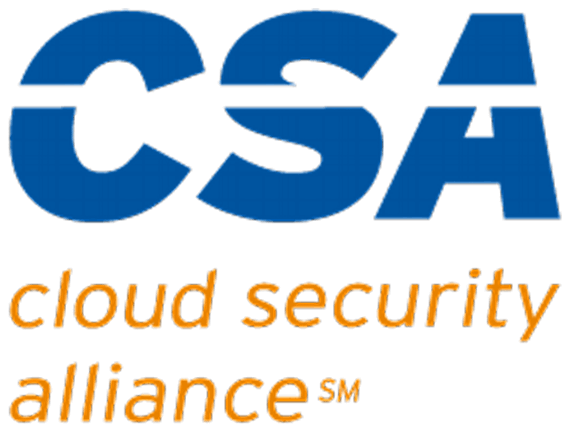Introduction
If you’re like most business owners, you’re always looking for ways to make your IT infrastructure more efficient and cost-effective. Cloud technology is a great way to do that. But what is cloud technology, and how can it benefit your business? This article will explain everything you need to know about cloud technology and how it can help your business run smoother and more efficiently.
What is cloud technology?
Cloud technology is a term used to describe the use of remote servers hosted on the Internet to store, manage, and process data. These large arrays of servers reside in data centers around the world, and the data they contain can be anything from documents and spreadsheets to images and videos. Cloud technology allows users to access this data from any device with an internet connection, making it an excellent option for businesses that have employees working remotely or in different locations.
In addition to data, cloud technology can also be used to host and deliver productivity software and other applications, such as customer relationship management (CRM) systems and enterprise resource planning (ERP) software. This is often referred to as “Software as a Service” or “SaaS.”
Cloud technology can even be used to deliver a complete desktop environment to users – a method that is commonly called “virtual desktops.” This can be a great way to provide employees with the ability to work from anywhere, on any device, with a consistent environment and user experience.
How does cloud technology serve businesses?
There are many different ways that cloud technology can benefit the IT needs of businesses. Here are just a few:
Cost savings
One of the most significant benefits of using cloud technology is cost savings. Because businesses no longer need to purchase and maintain as much hardware, they can save money on upfront costs and ongoing maintenance fees. In addition, companies can take advantage of the economies of scale offered by the cloud, which allows them to pay only for the resources they need and use.
Increased efficiency
With cloud technology, businesses no longer have to worry about many aspects of IT management. This means that they can focus on their core business activities and leave the IT tasks to the experts. Cloud technology also allows businesses to access their data and applications from anywhere, at any time, increasing efficiency and productivity.
Scalability
One of the great things about cloud technology is that it is scalable. This means that businesses can add or remove resources as needed, making it a perfect option for expanding or contracting companies.
Disaster recovery
A significant benefit of using cloud technology is that it can help businesses recover from a disaster quickly and easily. By storing data and applications in the cloud, companies can access them even if their physical infrastructure is damaged or unavailable.
How do I know if cloud technology is a good fit for my business IT?
If you’re looking for ways to make your business IT more efficient and cost-effective, cloud technology is worth considering. However, it’s essential to ensure that it’s a good fit for your business before making the switch. Here are a few things to keep in mind:
Business needs
The first thing you need to do is assess your business needs and see if cloud technology can address them. If you’re looking for a way to improve collaboration among employees or want to be able to access data and applications from anywhere, the cloud may be a good fit for you.
IT capabilities
While cloud-based business IT can reduce many IT headaches, it will not eliminate them. Do you have the in-house IT skills necessary to build and maintain a cloud infrastructure? If not, you may need to hire outside help. Alternatively, you can partner with a good Managed Services Provider (“MSP”) who can manage your infrastructure.
Budget
How much can you afford to spend on cloud technology? Keep in mind that the cost of using the cloud varies depending on the size and complexity of your infrastructure.
Are there drawbacks or risks in using cloud technology for business IT?
There are a few potential risks and drawbacks to using cloud technology for business IT. These include:
Data security
One of the top concerns about using the cloud is data security. Businesses need to ensure that their data is adequately protected when stored in the cloud.
Compliance
Cloud technology can raise business compliance issues, especially if they’re subject to regulations like HIPAA or Sarbanes-Oxley, so it’s vital to confirm the compliance of your chosen provider.
Vendor lock-in
When businesses use cloud technology, they often become reliant on the vendor for support and maintenance. This can lead to vendor lock-in, which can be difficult and costly to break free from, so it’s crucial to choose a vendor with a proven track record.
Connectivity
Simply put, you must have access to the Internet to use cloud-based IT, so Internet connectivity issues can limit access to needed resources. There are ways to address this, such as redundant or backup connections, which should be considered part of your overall strategy.
Conclusion
Overall, cloud technology can be an excellent option for businesses looking to improve their IT efficiency and reduce costs. However, it’s important to do your research and ensure that it’s the right fit for your specific needs.
If you’re still not sure if cloud technology is right for you, contact us today, and we’ll help you determine if it’s the best option for your business. We can also provide you with a free consultation to help you get started.




